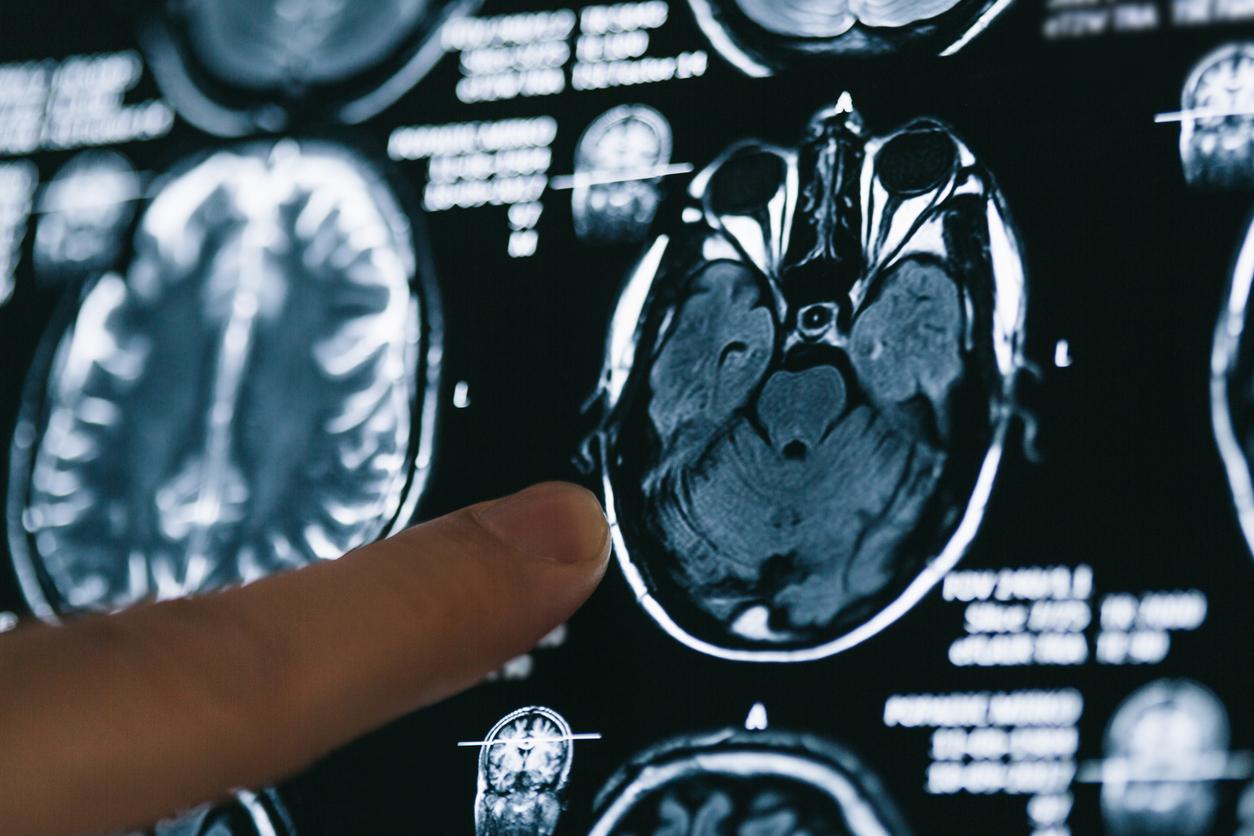A world first. Researchers from Kyoto University (Japan) transplanted nerve cells derived from pluripotent stem cells (iPS for “induced pluripotent stem cells”) in the brain of a patient with Parkinson disease.
THE iPS stem cells are by definition capable of infinite multiplication and differentiation into any type of cell in the body. In the case of this operation, the researchers programmed the pluripotent cells to become dopamine-producing nerve cells.
Parkinson’s disease is a neurodegenerative disease characterized by the destruction of nerve cells that produce dopamine in the brain. Because these dopamine neurons are involved in movement, symptoms of the disease include tremors in the limbs as well as difficulty in moving.
For this clinical trial, nearly 2.4 million pluripotent cells were created from cells from a healthy donor. Programmed to produce dopamine, these nerve cells were then injected into 12 parts of the patient’s brain through a 1.2cm-wide hole created on the left side of his forehead, reports The Asahi Shimbun. The operation lasted nearly three hours and went well.
2.4 million nerve cells transplanted in 6 months
For therapy, scientists plan to transplant nearly 5 million nerve cells created using this iPS technology. For the moment, only half of the pluripotent cells have been transplanted in order to verify that the first ones injected do not become cancerous. If no problem is observed within six months, the researchers will implant 2.4 million nerve cells created this time in the right part of the brain.
The patient on whom the test was carried out is in his fifties and is doing well according to the researchers. No bleeding or other complications were observed. The state of health and the improvement of his motor skills will be followed for two years, the time necessary to verify the safety of this clinical trial.
The success of this one should give rise to other operations of the same type on Japanese patients suffering from Parkinson’s. If these interventions are successful, Kyoto University aims to partner with companies to develop a system for mass production of these nerve cells created with induced pluripotent stem cell (iPs) technology.
Read also
Parkinson’s disease: the responsible appendix
Parkinson’s disease: 3 new leads
Parkinson’s: an AI to diagnose the disease more quickly


















